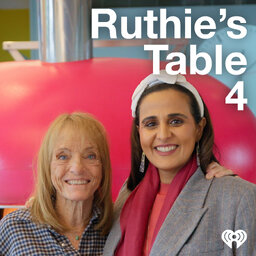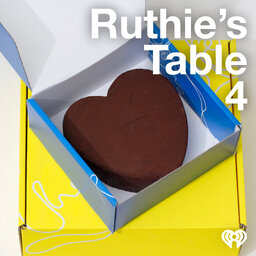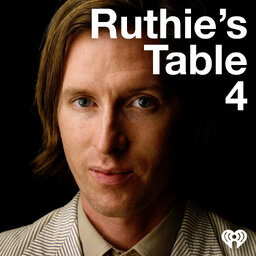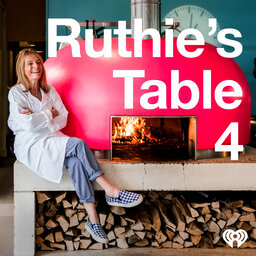Tony Blair
We return with our guest this week, former Prime Minister Tony Blair. In the second episode of the new series, Tony Blair reminisces about food in politics, from the 'memorable’ meals he made his children at Chequers to dining with Heads of State, including the late Queen Elizabeth II.
Ruthie's Table 4, made in partnership with Moncler.
In 1 playlist(s)
Ruthie's Table 4
Welcome to Ruthie's Table 4 hosted by Ruthie Rogers, co-founder and chef of The River Cafe in London…Social links
Follow podcast
Recent clips

Her Excellency Sheikha Al-Mayassa bint Hamad bin Khalifa Al Thani
28:28

Bonus: Valentine's Day At The River Cafe
12:17

Wes Anderson At Gagosian, Paris
18:08
 Ruthie's Table 4
Ruthie's Table 4